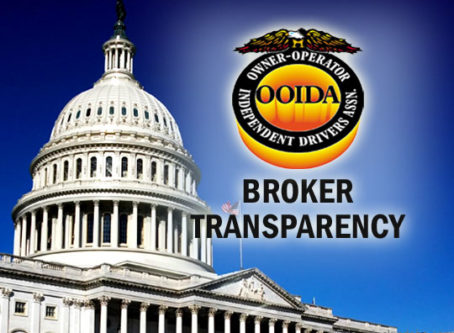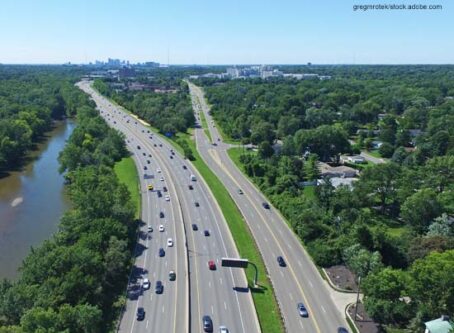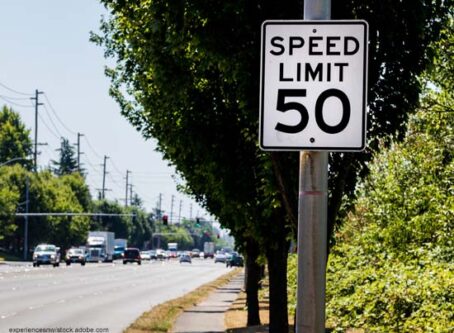Massachusetts transportation funding options all over the board
Options are all over the map in Massachusetts to help the state address an estimated $50 billion shortfall in transportation funding over the next two decades.
Although there is no agreement to move forward with one option, officials representing government and businesses around the state are touting the need for new or expanded transportation funding options.
Possible toll expansion
Multiple bills in the Legislature’s Joint Committee on Transportation propose adding tolls to the Boston area, and along some border crossings.
The Massachusetts Turnpike, Tobin Bridge and the Boston Harbor tunnels already collect tolls.
Sen. Brendan Crighton, D-Lynn, has sponsored legislation that he describes as creating “a more equitable tolling system” that would also help the state address transportation funding needs.
One bill, S2062, would authorize toll collection on additional roadways around Boston. Specifically, tolls would be collected on stretches of Interstates 93 and 95, and state Route 2.
Additionally, the bill would set up congestion pricing to collect higher tolls during peak travel periods.
A second bill from Crighton, S2060, would authorize the Massachusetts Department of Transportation to study and report on the feasibility of establishing all-electric tolls on state and interstate highways that do not already charge fees to users.
The agency would also be permitted to seek a federal waiver for the placement of border tolls.
Until the study is complete, current toll rates would be frozen.
For far too long North Shore & Metro West residents have been unfairly burdened by our tolling system. Today I testified in support of two bills that I filed, which would require MassDOT to create a more equitable tolling system and would also produce much needed transpo revenue pic.twitter.com/wo1MI8m3AB
— Brendan Crighton (@BrendanCrighton) December 5, 2019
VMT option
Alternatives to tolls under review in the committee include doing away with collection of the state’s fuel tax in favor of a per-mile tax system for transportation funding.
Sponsored by Reps. Thomas Stanley, D-Middlesex, and Tricia Farley-Bouvier, D-Berkshire, H3010 would test collecting fees based on vehicle miles traveled.
Gov. Charlie Baker vetoed a similar effort in 2016. At that time, the governor said the current method of raising revenue for transportation via fuel taxes offers the best path forward.
Additional options
Multiple groups around the state have called on state lawmakers to “raise significant new revenue” to fix the state’s “ailing and congested” transportation system.
Groups around Boston and elsewhere advocate for a fuel tax hike of 15 to 25 cents and other vehicle fee increases.
Municipal leaders have also indicated that they support adding tolls to more highways; allowing a portion of toll revenue to support transit, which they say would help to reduce roadway congestion; and collaborating with other Northeastern states to reduce greenhouse gas emissions as part of the Transportation and Climate Initiative.
Governor’s plan
Gov. Baker has attempted to tamp down consideration of a possible boost in the state’s 24-cent fuel tax. The tax – last raised by 3 cents in 2013 – raises about $770 million annually.
Instead, the governor has introduced a five-year, $18 billion bond bill touted to invest in the state’s transportation system.
Specifically, the governor’s capital plan outlines $10.1 billion for Massachusetts DOT highway division construction projects. Of that amount, $5.6 billion would be routed to federal aid highway construction and $3.1 billion would be designated for highway work not supported by the federal government. Another $1.25 billion would be applied for bridges and $150 million would be spent to pave area roads.
“This $18 billion transportation plan legislation lays the groundwork for a transportation system that will meet the future travel needs of our residents and support a strong, competitive economy,” Baker said in previous remarks.









